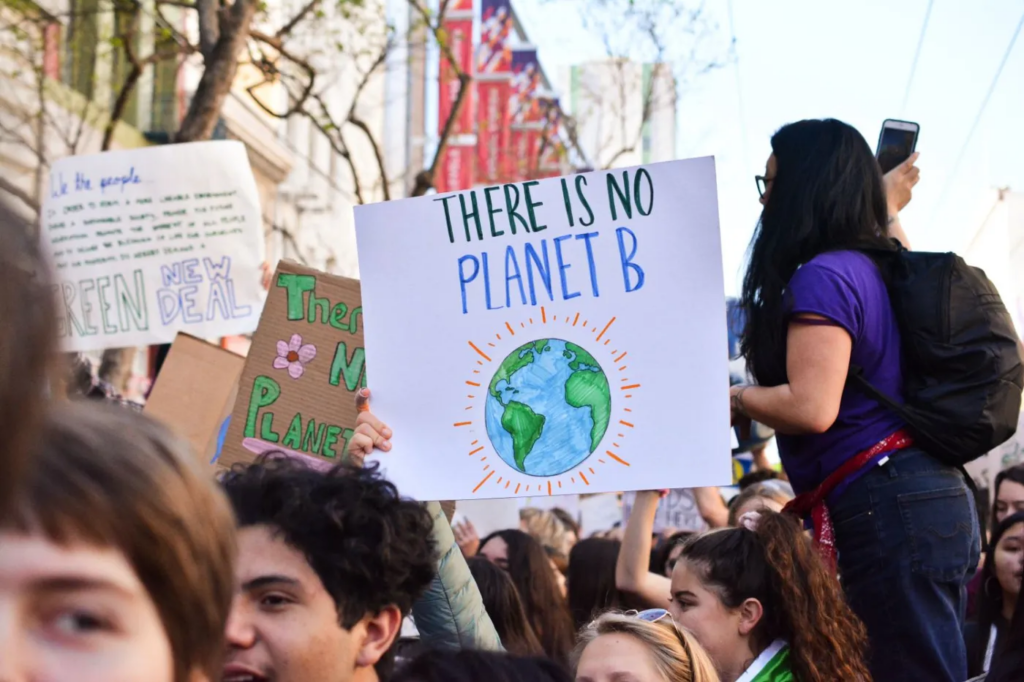
Introduction
In the face of global challenges, the world witnesses a tapestry of responses that shape our collective future. This analysis delves into crisis chronicles, exploring the diverse ways nations, communities, and individuals respond to global challenges. By examining these responses, we gain valuable insights into resilience, innovation, and the human spirit in times of adversity.
1. Early Warning Systems and Preparedness
Global challenges often come with early warning signs. We explore the effectiveness of early warning systems and preparedness measures, assessing how nations anticipate and mitigate the impact of crises. Understanding the strategies in place for timely response lays the foundation for effective crisis management.
2. International Collaboration in Crisis Response
In an interconnected world, collaboration is key. We analyze recent instances of international cooperation in crisis response, considering how nations come together to share resources, expertise, and support. Examining collaborative efforts provides insights into the strength of global alliances in times of adversity.
3. Innovations in Humanitarian Aid
Humanitarian aid is a crucial component of crisis response. We explore recent innovations in delivering aid, from technological solutions to community-led initiatives. Understanding the evolving landscape of humanitarian assistance sheds light on effective ways to address the needs of affected populations.
4. Government Policies and Crisis Management
Government policies play a central role in crisis management. We examine recent policy responses to global challenges, assessing the effectiveness of measures such as lockdowns, travel restrictions, and economic stimulus packages. Analyzing policy decisions provides insights into the balance between public health and economic stability.
5. Community-Led Initiatives and Grassroots Movements
Communities often take the lead in crisis response. We explore the role of community-led initiatives and grassroots movements, considering how local efforts contribute to resilience and recovery. Examining the power of community-driven responses highlights the importance of bottom-up approaches in times of crisis.
6. Technological Solutions for Crisis Communication
Technology facilitates rapid communication during crises. We analyze recent technological solutions for crisis communication, from mobile apps to social media platforms. Understanding how technology enhances communication channels provides valuable insights into keeping the public informed and engaged.
7. Environmental and Climate Change Resilience
Global challenges are often intertwined with environmental and climate factors. We explore efforts to build resilience against environmental and climate-related crises, considering sustainable practices, conservation initiatives, and adaptation strategies. Examining these responses contributes to a holistic understanding of crisis preparedness.
8. Education and Awareness Campaigns
Education and awareness are potent tools in crisis response. We analyze recent campaigns aimed at informing the public, promoting health guidelines, and dispelling misinformation. Assessing the impact of education and awareness initiatives provides insights into fostering a well-informed and vigilant society.
9. Psychosocial Support and Mental Health Initiatives
Crises take a toll on mental health. We explore recent initiatives focused on psychosocial support and mental health, considering counseling services, community outreach programs, and online resources. Examining these initiatives highlights the importance of holistic well-being in crisis recovery.
10. Post-Crisis Reconstruction and Sustainable Development
The aftermath of a crisis is an opportunity for reconstruction and sustainable development. We analyze recent endeavors in post-crisis reconstruction, assessing how nations rebuild with a focus on long-term sustainability. Understanding these efforts contributes to a vision of a resilient and regenerative future.
Conclusion
Crisis chronicles tell the story of human adaptability, collaboration, and innovation in the face of adversity. By examining responses to global challenges, we gain a profound understanding of the interconnected strategies that contribute to resilience, recovery, and the shaping of a more prepared world.
